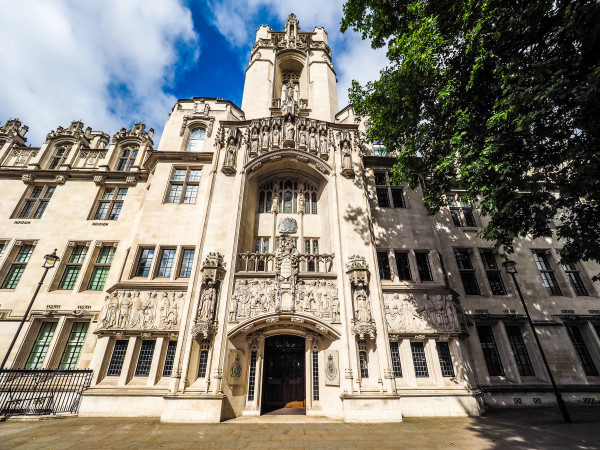How might a court assess the loss in an investment which has resulted from bad initial advice should the dispute end up in court?
This was one of the issues in the Court of Appeal case of Watson v Kea Investments, which concluded in October 2019
Where bad advice has caused a client to invest in X rather than Y, the return which would have been achieved by Y may be relevant to a damages claim.
In Watson, the questions arose in the context of trustee investments.
The original trial in 2018 followed a falling-out between two New Zealand businessmen, Sir Owen Glenn and Eric Watson.
They had embarked on an investment joint venture, called Project Spartan, with Mr Watson on one side.
On the other side was Kea, the subsidiary of a trust of which Sir Owen was the settlor. It had invested £129 million in Spartan.
A claim by Kea against the Spartan company was settled at trial.
The trial judge, Mr Justice Nugee, held that, as a result, Kea was entitled to treat Spartan as a constructive trustee of the £129 million invested.
Therefore, it could reclaim that money from Spartan with interest under the court’s equitable jurisdiction or under statute.
He also held that Mr Watson was liable to pay equitable compensation to Kea for breach of fiduciary duty.
The amount for which Mr Watson was liable reflected the unpaid liability of Spartan to Kea, plus interest.
Mr Justice Nugee fixed the interest rate payable by Spartan at 6.5 per cent to reflect the return which it would have been able to achieve from a hypothetical investment in “proper trustee investments”.
This was a total return, including an element of capital growth.
His calculation was based on publicly available performance indices produced by Asset Risk Consultants (ARC) and the Society of Trust and Estate Practitioners (STEP).
The judge adopted a medium-risk rate identified by reference to those two indices.
Appeal dismissal
In the Court of Appeal hearing, which ran from 17-18 July, Mr Watson’s counsel argued that Mr Justice Nugee had been wrong in treating Spartan as a constructive trustee.
He had also been wrong, so it was said, in treating Kea as a trust investment vehicle because it “participated in business and other investment ventures”.
Finally, even if the rate of return achievable on proper trustee investments was the correct proxy, the rate awarded was too high.
The appeal was dismissed.
Lord Justice McCombe delivered the leading judgment.
He noted that the phrase “constructive trustee” can refer to people who have never had the formal status of a trustee but have exposed themselves to equitable remedies by participating in unlawful misapplication of trust assets.











